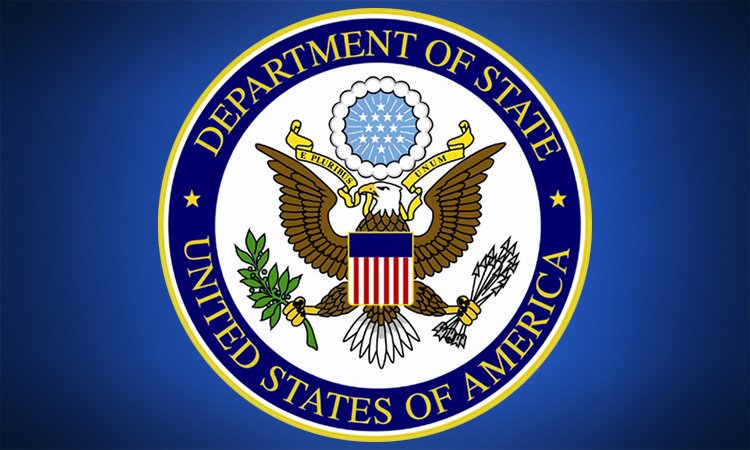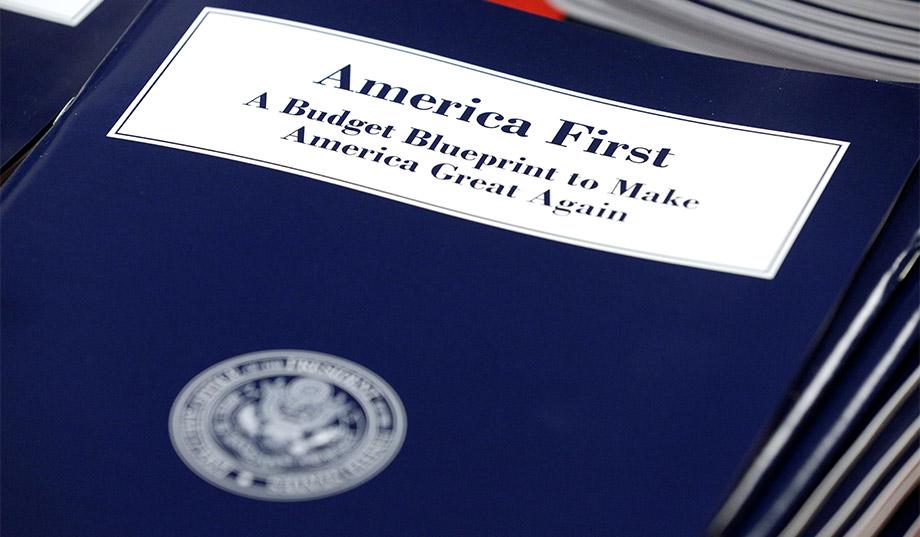By: Yuliya Bila
On Sunday John Kerry embarked upon his maiden voyage as the U.S. Secretary of State. Over the course of the trip, he is set to visit nine European and Middle Eastern countries and to meet with Russian Foreign Minister Sergei Lavrov to discuss Moscow’s position on Syria. Yet while he is abroad trying to advance the U.S. diplomatic mission, Kerry, like his predecessors Hillary Clinton, Condoleezza Rice and Colin Powel, is simultaneously fighting a domestic battle: potential cuts to the State Department’s annual budget.
With another fiscal deadline looming at the end of the week, Kerry found it necessary to dedicate his first speech as Secretary of State to the need to support American diplomacy with sufficient federal spending. According to the Office of Management and Budget, the State Department and USAID (the U.S. Agency for International Development) were allotted $51.6 billion in discretionary funding in 2012. While such a sum may appear substantial at first glance, it amounts to less than ten percent of the $525.4 billion awarded to the Department of Defense. In his speech, Kerry argued that the United States spends only approximately one percent of its annual budget on foreign policy (including funding for all American embassies and consulates, foreign aid, civilian peacekeeping missions, etc.). In fact, upon adding the money spent on intelligence and nuclear weapons, both of which directly support our military operations, the funds allotted to making war climb even higher above those dedicated to preventing it.
Cutting the American foreign policy budget, which may seem like an attractive proposition in a tough domestic economy, would only make the State Department less effective and the United States more vulnerable while barely scratching the surface of the national debt. In an ever more uncertain world, the blunt tools of the Pentagon are no longer sufficient in addressing new global challenges. The soft power of diplomatic engagement is not only safer and more cost-effective, but ultimately, more successful in the long term. By engaging with the world to develop friendlier commercial and cultural ties, the United States can bind the national interest of other countries to its own, promoting peace, security and, ultimately, American values.
This country can no longer build better relations with foreign countries by deposing leaders and installing U.S.-friendly figureheads. This method failed in Iran with the Shah and, more recently, in Egypt with Mubarak and will continue to falter wherever American force and violence are used as a lever to alter the behavior of other nations. Moreover, a purely Pentagon-led approach seriously limits the number of countries that the United States can engage with; it is impossible to invade every country that the United States wants to influence in some way. Whereas military action is reactive, diplomacy is preventative; it contributes to a more positive image of Washington around the world, making the country more secure. Civilian expertise can even be useful during and after military engagements by winning over the people and providing for a more effective rebuilding of a war-torn country.
However, there is no organized collection of individuals, besides the employees of the State Department itself, who understand the diplomatic mission well enough to be willing to lobby Congress and the White House for its support. While the interests of the Department of Defense are vocally represented by the iron triangle (the military-industrial-congressional complex that includes government contractors such as Halliburton, Lockheed Martin, and Boeing) the State Department has no similarly wealthy champions. It may sound more attractive to spend money on protecting American soldiers abroad by providing them with the best technology, but if the U.S. military presence in another country is not concurrent with and followed by well-funded and effective diplomatic and humanitarian missions, Washington may as well throw in the towel from the start. Even better, why not do everything within the civilian realm of possibility to prevent armed conflicts in the first place?
Naturally, some wars are inevitable and certain objectives can only be accomplished through military means; maintaining strong military capabilities around the world remains necessary. But the United States is doing itself a disservice by disregarding the power of diplomacy. The world is changing; in an era of advancing globalization, battles will increasingly be fought by men and women in suits rather than uniform and it is firmly within the U.S. national interest to provide them with enough resources to do their job well. American soldiers are not the only ones on a mission to protect this nation.

